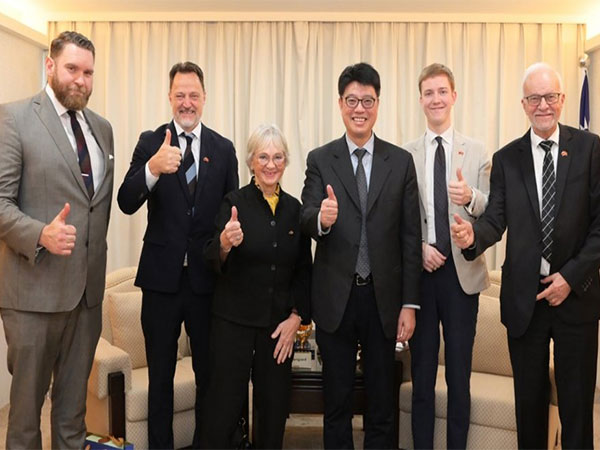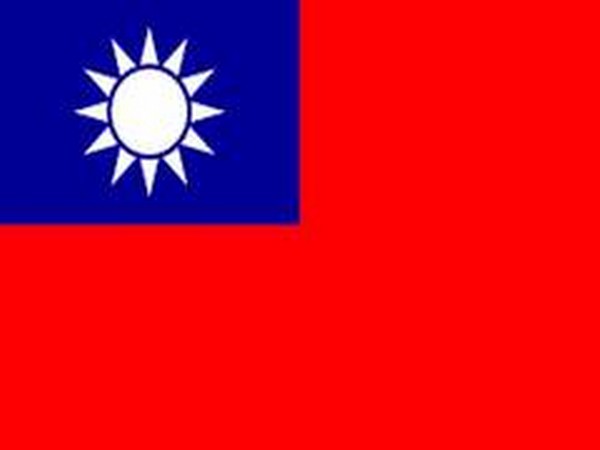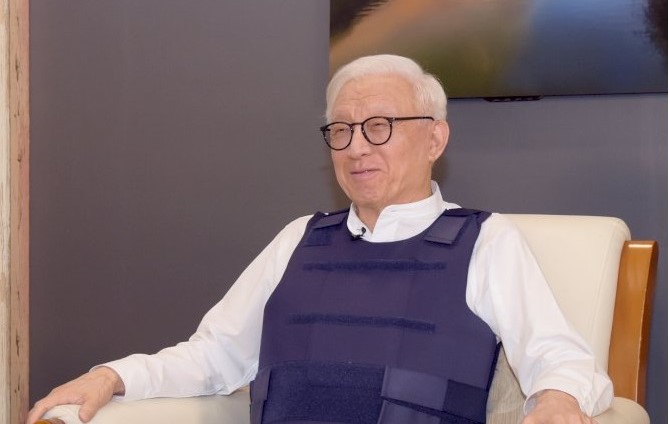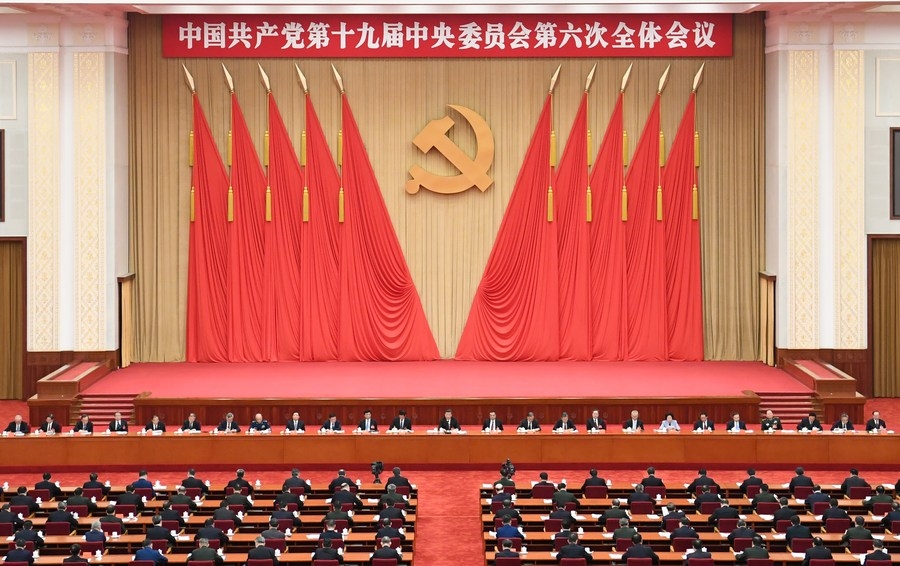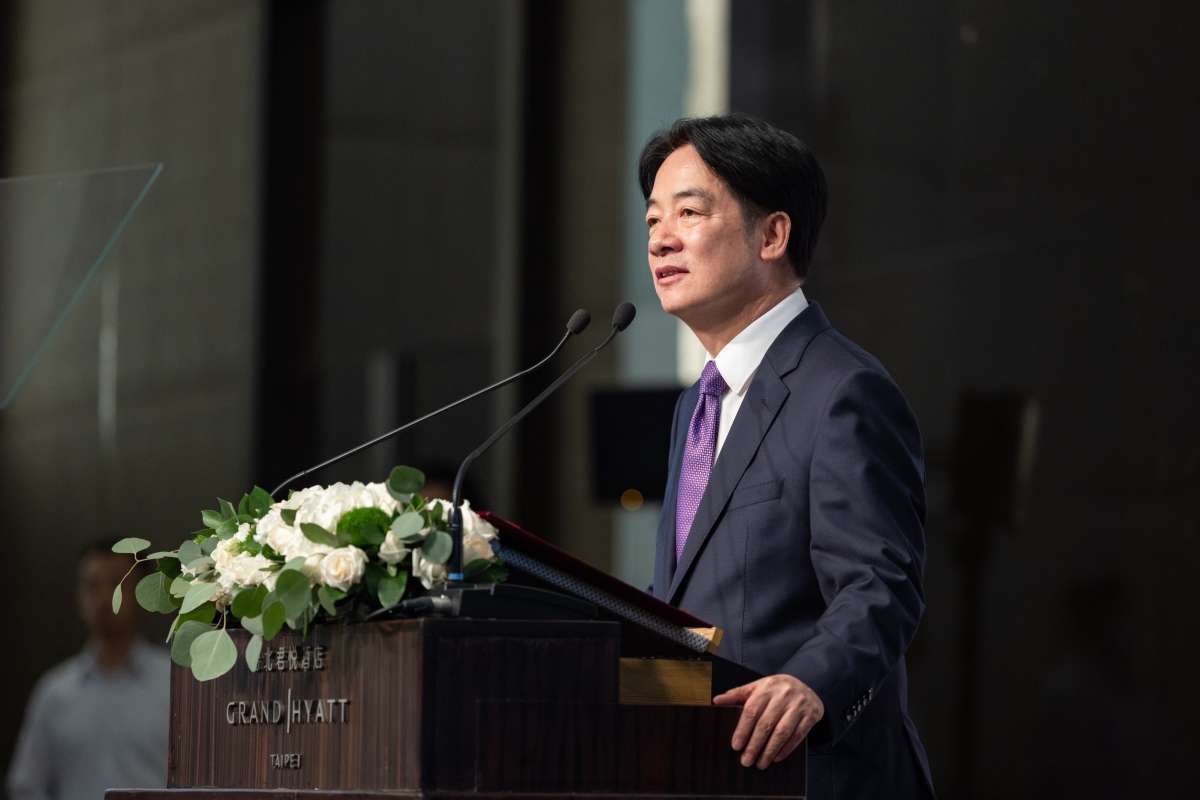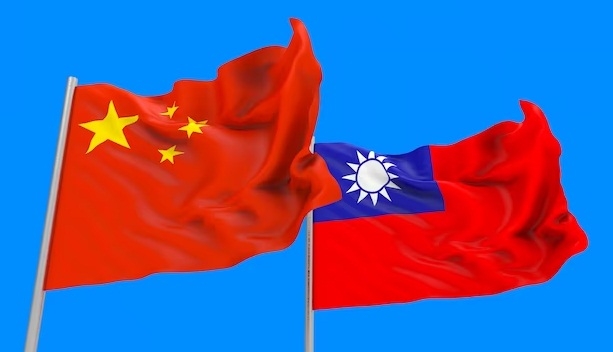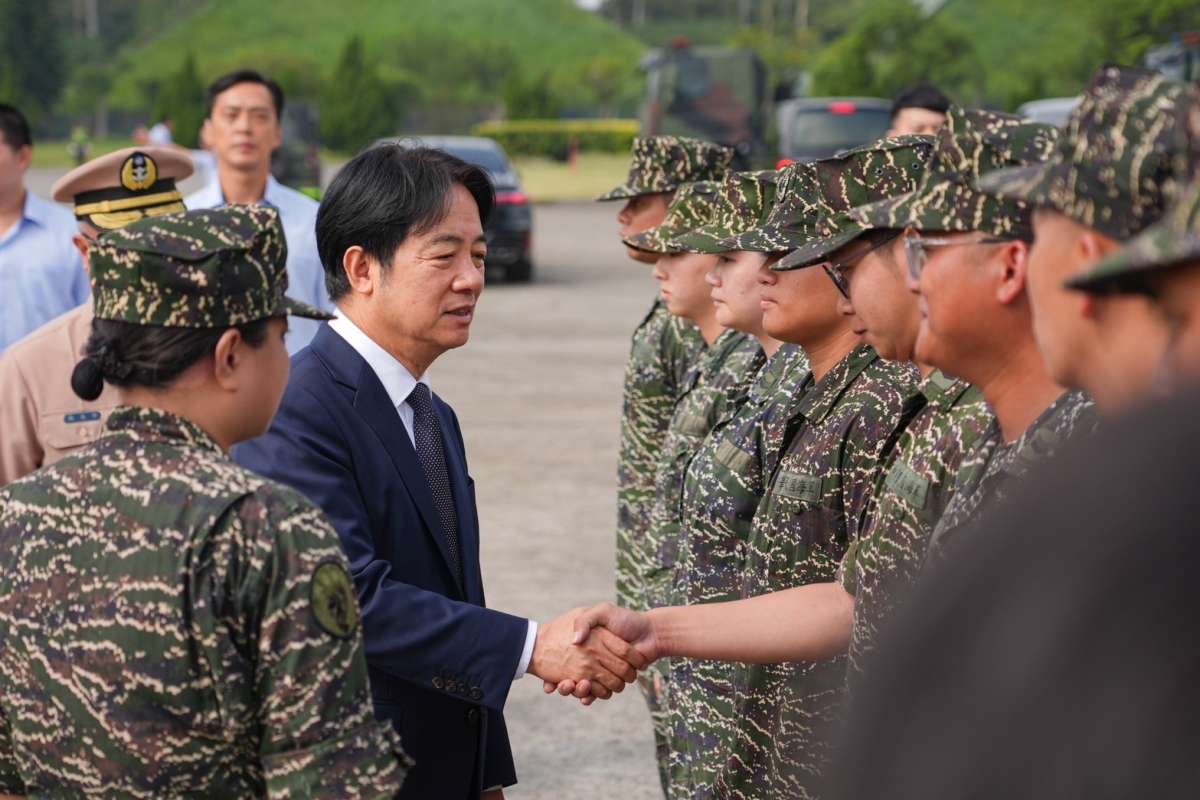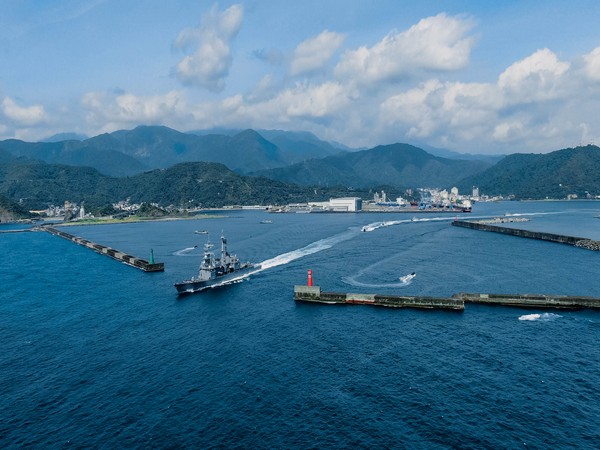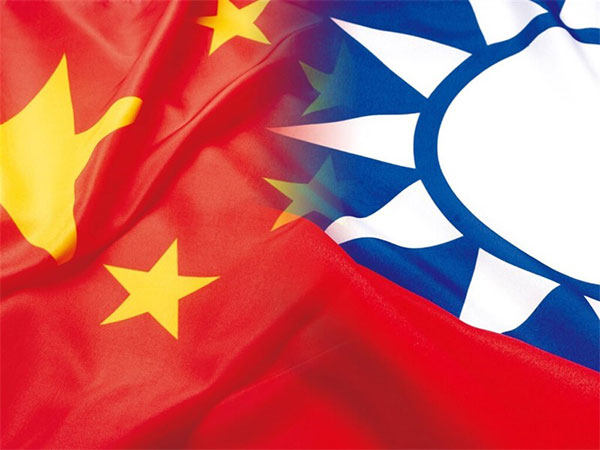These drills, part of China’s ongoing show of force, mark the fourth round of large-scale military operations in the past two years….reports Asian Lite News
China launched military exercises around Taiwan on Monday, with planes and ships encircling the self-ruled island, according to Beijing’s Defence Ministry, Channel News Asia (CNA) reported.
These drills, part of China’s ongoing show of force, mark the fourth round of large-scale military operations in the past two years.
The exercise, titled Joint Sword-2024B, is designed to “test the joint operations capabilities of the theatre command’s troops,” the ministry said.
According to Captain Li Xi, a spokesperson of the Chinese military’s Eastern Theater Command, the drills are taking place in “areas to the north, south and east of Taiwan Island,” as reported by CNA.
Li explained that the drills focus on multiple areas, including “sea-air combat-readiness patrols, blockades of key ports and areas,” and the “assault on maritime and ground targets.” The exercises also involved the “joint seizure of comprehensive superiority.”
China’s military presence around Taiwan has increased significantly in recent years, with frequent flights and naval maneuvers around the island’s waters.
Beijing has not ruled out using force to bring Taiwan under its control.
In the wake of Taiwan President Lai Ching-te’s speech during the island’s National Day celebrations last week, both the US and Taiwan urged China to hold off on any aggressive actions. Lai, who has taken a stronger stance on defending Taiwan’s sovereignty than his predecessor Tsai Ing-wen, angered the Chinese government, which labels him a “separatist,” reported CNA.
In his speech, Lai emphasized Taiwan’s resistance to any attempts at annexation, stating that “Beijing and Taipei were ‘not subordinate to each other’.”
In response, Beijing called the drills a “stern warning to the separatist acts of ‘Taiwan Independence’ forces” and affirmed that the exercises were “a legitimate and necessary operation for safeguarding state sovereignty and national unity.”
Taiwan President Lai Ching-te also expressed a desire for “healthy and orderly dialogue and exchanges” with China. He urged Beijing to play a constructive role in ending conflicts in the Middle East and Ukraine.
Despite Taiwan’s robust governance and military, it has never formally declared independence from China, which continues to push for Taiwan’s exclusion from international platforms and diplomatic recognition.
Taiwan expels Chinese Coast Guard ships
Taiwan has expelled four Chinese coast guard ships that entered its restricted waters near the Matsu Islands shortly after the People’s Liberation Army announced the start of its Joint Sword-2024B drills around Taiwan, according to Taiwan’s Central News Agency.
Taiwan’s Coast Guard Administration (CGA) reported detecting two China Coast Guard ships near Nangan Island and two more near Dongyin Island on Monday morning. Following the intrusion of Chinese vessels into restricted waters off Matsu, the CGA’s Kinmen-Matsu-Penghu Branch dispatched four patrol boats to monitor the situation.
According to CGA, the incident raised the total number of Chinese incursions into Taiwan-controlled waters to 44 this year.
The CGA noted it has formed a task force to address “abnormal” Chinese coast guard activities that began around 11 am. Several Chinese ships crossed the median line of the Taiwan Strait, loitering near various parts of Taiwan’s coastline. In response, the CGA deployed patrol vessels to assist the Ministry of National Defence in monitoring these activities.
According to the CNA report, the CGA and Army personnel on Menghu Islet had also detected a suspicious target moving towards the islet early Monday. After assessing the situation, patrol vessels intercepted an inflatable boat carrying a Chinese citizen, who was arrested and is now under investigation.
The China-Taiwan dispute centres around the political status of Taiwan, which China considers a breakaway province that must eventually be reunified with the mainland, while Taiwan operates as a self-governing democracy with its own government, economy, and identity.
The People’s Republic of China (PRC) asserts its sovereignty over Taiwan and has not ruled out the use of force to achieve reunification. In contrast, Taiwan, under the leadership of various parties over the years, has increasingly embraced its distinct identity and has resisted unification on Beijing’s terms.
The disputes in the maritime areas surrounding Taiwan are emblematic of broader geopolitical tensions in the region, particularly involving China’s assertive claims over the South China Sea.
The increasing military presence by China, including naval exercises and the construction of artificial islands, has heightened tensions. (ANI)
ALSO READ: Omar to take oath as J&K CM on Oct 16


